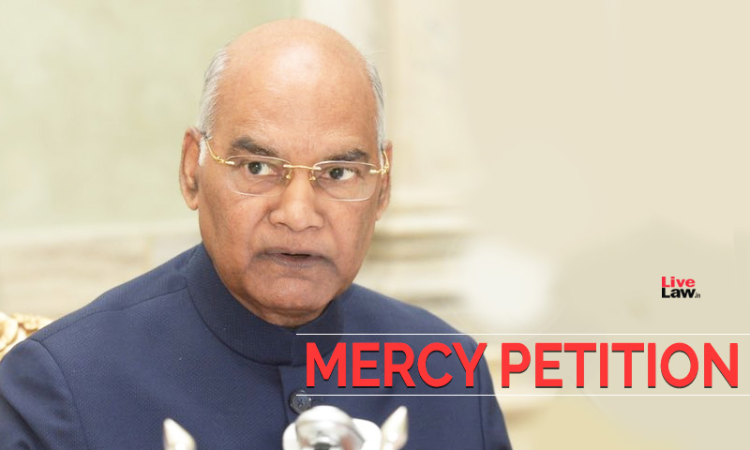Explained - Mercy Petition, Presidential Pardon & Judicial Review
Arabhi Anandan
17 Jan 2020 7:30 AM IST

Next Story
17 Jan 2020 7:30 AM IST
Few days ago, two of the death row convicts in the Nirbhaya case submitted mercy petition before the President of India.After the dismissal of their curative pleas by the SC, this is the last remedy available to them to avoid the gallows. In this backdrop, let us analyze the legal framework of mercy power.Provisions under Indian LawIt may be noted that Article 72 of the...
